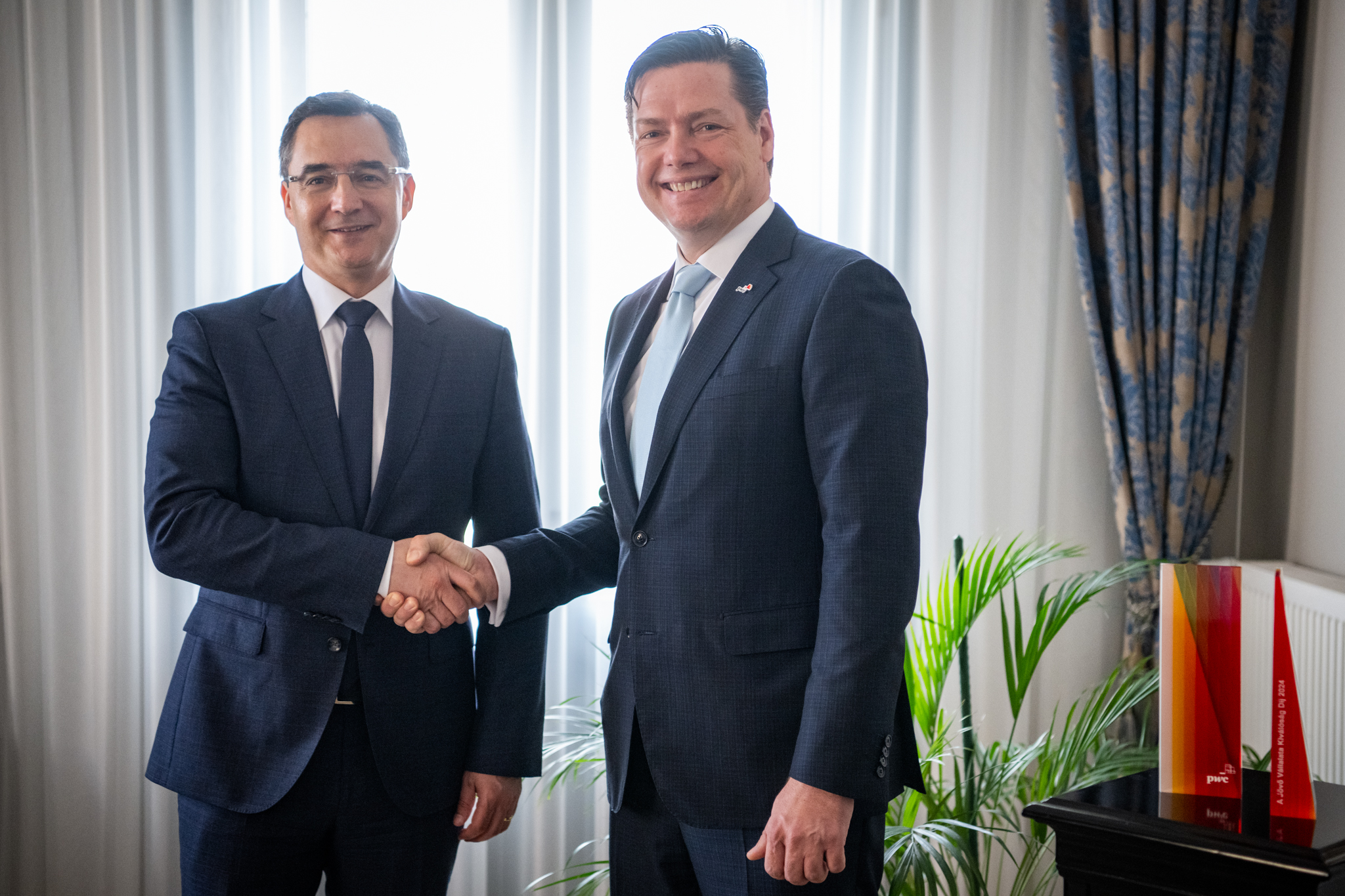Energy company CEOs say changes to regulatory environment have had negative impact

CEOs of energy companies operating in Hungary said at the Portfolio.hu Green Energy Investment Forum in Budapest on Thursday that the unpredictable regulatory environment that has emerged in the country over the past few years has exercised a negative impact on the energy sector.
GDF Suez Energia Magyarország CEO Patrick Eeckelers said that in addition to the economic crisis, the negative impact of regulatory measures taken in Hungary over the past three years have made it difficult for energy companies to plan for the future. Eeckelers noted that the GDF Suez Energia Magyarország has scaled down its investment plans, and can react to the need to maintain efficiency through lay-offs because of the large number of fixed expenses. He remarked that the return on investment in the energy sector is currently lower than bank deposit interest.
EDF Demász CEO Thierry Le Boucher said that the company would like to maintain its current level of investment, though it will not be possible to do this over the long-term amid the present circumstances. Mr Le Boucher said the political and regulatory environment play a key role in maintaining the level of investment and quality in the energy sector.
E.ON Hungária CEO Eric Depluet said that the necessity to operate many service offices represents a burden for energy-service providers in Hungary, adding that billing regulations also generate additional expenses. Depluet remarked that it is not fortunate to tackle budgetary and social problems through intervention in the energy sector. The E.ON Hungária CEO commented that the company would have long ago turned its back on Hungary if not for the transitory nature of the present period. Depluet added that the 27 legislative changes affecting the energy sector over the past two years have been very unfavorable, noting that no preliminary negotiations were conducted with market players before the adoption of these changes.
Attila Ságodi of KPMG said that the small rise in energy prices over the recent period has served to stifle energy investments and caused a deterioration in both the quality of services and the security of supplies. Reducing fees further from their currently low level would be detrimental to both consumers and market players.
The KPMG partner remarked that Hungary has fallen behind the ambitious objectives with regard to the development of renewable energy already in 2010-2011. At the same time the security of gas supplies has increased significantly over recent years, he said, noting that the country possesses significant import capacity, has immense storage facilities and currently has several infrastructure projects on the table.
SUPPORT THE BUDAPEST BUSINESS JOURNAL
Producing journalism that is worthy of the name is a costly business. For 27 years, the publishers, editors and reporters of the Budapest Business Journal have striven to bring you business news that works, information that you can trust, that is factual, accurate and presented without fear or favor.
Newspaper organizations across the globe have struggled to find a business model that allows them to continue to excel, without compromising their ability to perform. Most recently, some have experimented with the idea of involving their most important stakeholders, their readers.
We would like to offer that same opportunity to our readers. We would like to invite you to help us deliver the quality business journalism you require. Hit our Support the BBJ button and you can choose the how much and how often you send us your contributions.









